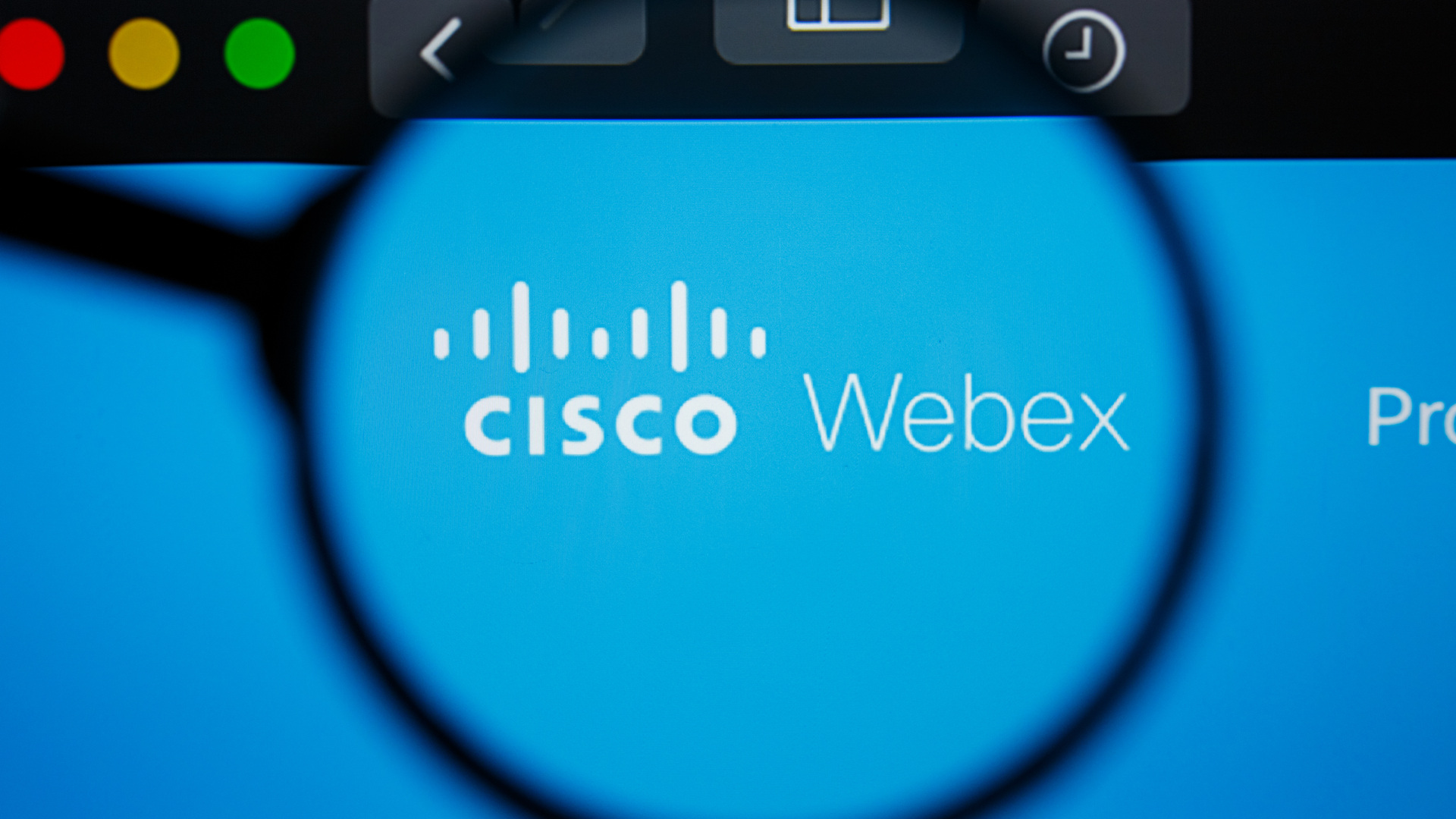WebEx phishing scam spoofs Cisco to target remote workers
PDC expects phishing emails to continue to plague remote workers over the next few months


The Cofense Phishing Defense Center (PDC) has discovered a new phishing campaign that targets employees working from home during the coronavirus pandemic.
PDC claims that hackers are attempting to harvest Cisco WebEx credentials using a security warning for the application and have successfully averted Cisco’s own Secure Email Gateway.
In a blog post detailing the attacks, PDC’s Ashley Tran explained that hackers send “an email with varying subject lines such as “Critical Update” or “Alert!” from the spoofed address “meetings[@]webex[.]com”. Tran said that these are able to “gauge users’ curiosity enough to entice them to click in order to take the requested action”.
“The phishing page to which users are redirected is identical to the legitimate Cisco WebEx login page; visually there is no difference,” she warned. “Behavior-wise, there is a deviation between the real site and the fraudulent page.
"When email addresses are typed into the real Cisco page, the entries are checked to verify if there are associated accounts. With this phishing page, however, any email formatted entry takes the recipient to the next page where they then requested to enter their password.”
PDC predicts that phishing emails will continue to plague remote workers in the next few months. Last month, it discovered that cyber criminals were posing as UK mobile network operator Three as part of another sophisticated phishing campaign designed to extract the financial details of its customers.
Last week, the US Cybersecurity and Infrastructure Agency’s assistant director for cybersecurity, Bryan Ware, advised the public to “remain vigilant”, be wary of “suspicious emails”, and to seek information only from trusted sources.
Sign up today and you will receive a free copy of our Future Focus 2025 report - the leading guidance on AI, cybersecurity and other IT challenges as per 700+ senior executives
“As the COVID-19 outbreak continues to evolve, bad actors are using these difficult times to exploit and take advantage of the public and business," he said.
Hackers have also posed as Gov.uk and the US Centers for Disease Control and Prevention (CDC) to spread phishing emails, while the World Health Organisation (WHO) and hospitals have also recently had their computer systems compromised by cyber criminals.
Having only graduated from City University in 2019, Sabina has already demonstrated her abilities as a keen writer and effective journalist. Currently a content writer for Drapers, Sabina spent a number of years writing for ITPro, specialising in networking and telecommunications, as well as charting the efforts of technology companies to improve their inclusion and diversity strategies, a topic close to her heart.
Sabina has also held a number of editorial roles at Harper's Bazaar, Cube Collective, and HighClouds.
-
 What is Microsoft Maia?
What is Microsoft Maia?Explainer Microsoft's in-house chip is planned to a core aspect of Microsoft Copilot and future Azure AI offerings
-
 If Satya Nadella wants us to take AI seriously, let’s forget about mass adoption and start with a return on investment for those already using it
If Satya Nadella wants us to take AI seriously, let’s forget about mass adoption and start with a return on investment for those already using itOpinion If Satya Nadella wants us to take AI seriously, let's start with ROI for businesses
